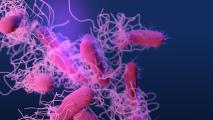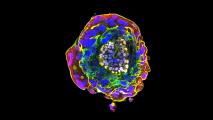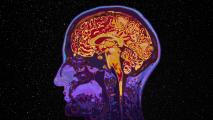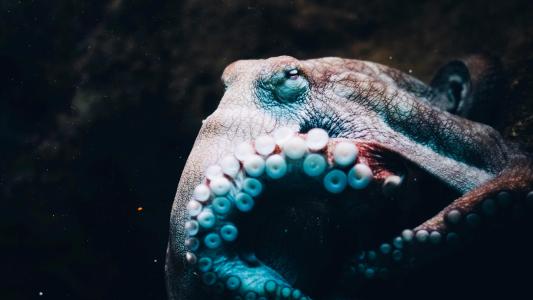By studying the genomes of people over the age of 105, an international team of researchers has identified several genetic factors that appear linked to human longevity — and they center on the body’s ability to repair its own DNA.
The challenge: The world’s average life expectancy is 72 years today, but many people live decades longer.
Research suggests that genetics play a role in human longevity, but we don’t know precisely what it is that allows some people to live so much longer than others.
If we can figure it out, though, we might be able to use the knowledge to combat aging, giving more people the option of living longer lives.
In their blood: For their human longevity study, the researchers sequenced the genomes of 81 semi-supercentenarians and supercentenarians (people over the ages of 105 and 110, respectively).
They then compared them to the genomes of 36 healthy people with an average age of 68.
“(P)eople in this younger age group tend to avoid many age-related diseases and therefore represent the best example of healthy aging,” first author Paolo Garagnani of the University of Bologna explained in a press release.
They discovered that the people in the 105+ group were more likely than those in the younger group to have five common genetic variants linked to more efficient DNA repair.
When the researchers compared their results to a previous study involving more than 300 people over the age of 100, they saw the same variants in that group.
Collecting mutations: Those genes were all variants inherited from their parents, but DNA can change throughout our lives.
Some of those changes, known as somatic mutations, occur in specific cell lines throughout the body. Such mutations have been linked to aging, so the researchers wanted to test their participants for them, too — specifically focusing on genes where the mutations have been linked to cancer.
DNA repair is one of the mechanisms allowing an extended lifespan in humans.
Cristina Giuliani
When they did, they found that people in the older group — despite living for three or four more decades — had accumulated far fewer of the mutations than people in the younger group, for six of the seven genes tested.
What it means: The genetic variants found in the older group indicate that some people are simply born with genes that make their bodies more efficient at DNA repair, and they may be more likely to live longer.
However, the research doesn’t prove why the people in the older group were less likely to accumulate somatic mutations — it may be the specific genes for DNA repair that they found, or it may be something else. Future studies are needed to tackle that question.
Still, this study suggests that the body’s ability to ward off cellular damage on its own plays a key role in human longevity, potentially offering new targets for future aging research.
“Previous studies showed that DNA repair is one of the mechanisms allowing an extended lifespan across species,” senior author Cristina Giuliani of the University of Bologna told New Atlas. “We showed that this is true also within humans.”
We’d love to hear from you! If you have a comment about this article or if you have a tip for a future Freethink story, please email us at tips@freethink.com.






